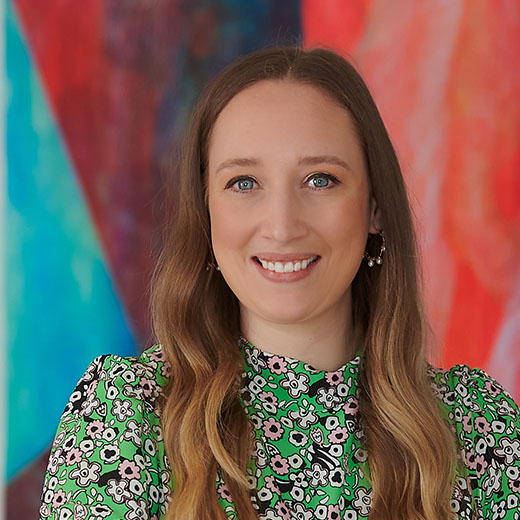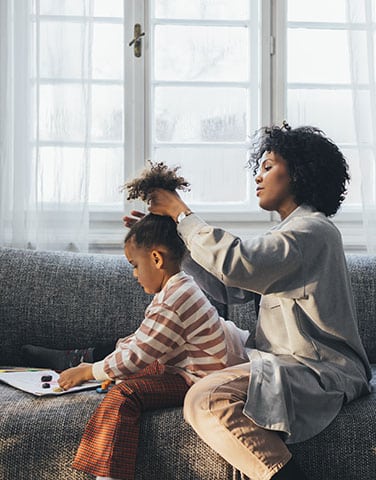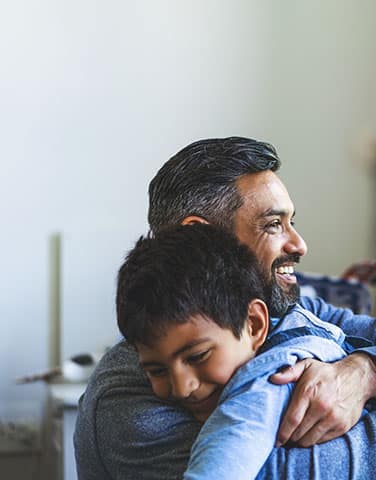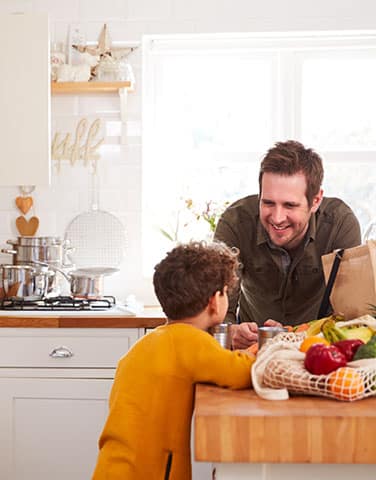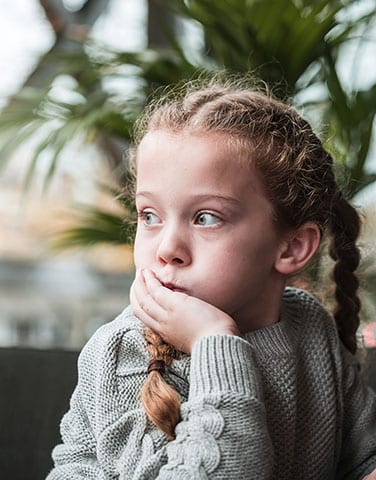
Arrangements for children
Our family solicitors specialise in resolving disputes over arrangements for children. We take time to understand your situation, working with you to achieve the best outcome.
Your children are your top priority. Disputes about their care or living arrangements can be distressing.
Our compassionate and experienced family lawyers help parents in all kinds of circumstances. These include sensitive situations involving allegations of abuse or parental alienation, or where one parent wishes to live overseas with the children.
We help you resolve your dispute, while keeping your stress to a minimum.
Resolving your child arrangements dispute
After a relationship has broken down, it’s often hard to reach agreement with your ex-partner on what’s best for your children. There’s much to consider. You’ll need to agree where the children live (formerly ‘residence’ or ‘custody’) and how they spend time with you both (formerly ‘contact’ or ‘access’).
You might disagree on other important issues such as schooling or medical care.
Once you’ve reached an agreement, you may wish to record this in a parenting plan. Although not legally binding, this helps provide clarity on what you’ve decided.
If you can’t reach an agreement, the family court has the power to make orders in relation to your children. These include:
- a child arrangements order (which sets out how the children will be cared for)
- a specific issue order (dealing with a particular dispute about their upbringing)
- a prohibited steps order (to prevent a parent from taking certain actions in relation to the child, such as moving away).
If you need legal advice on how to resolve a dispute with your ex, please get in touch. We can explain your options and their consequences clearly and carefully.
Talk to us about
Related services
Meet the team
Our family law experience
Frequently asked questions
Related thinking
Contact us
If you have a question or need advice, please let us know how we can help.











